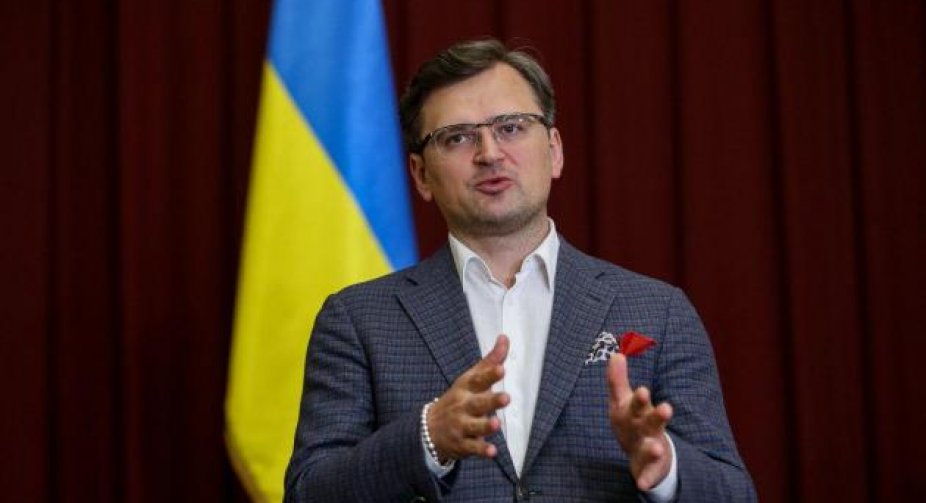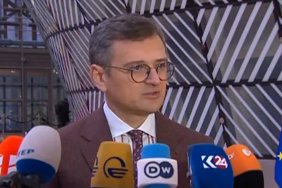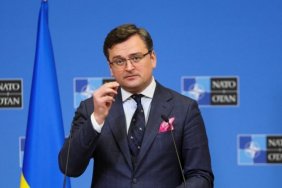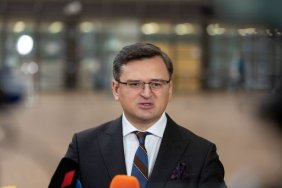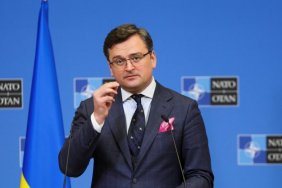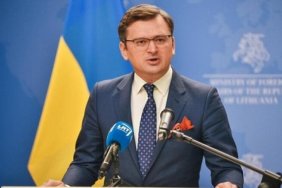Dmytro Kuleba, Ukraine's Minister of Foreign Affairs, has emphasized the need for ongoing military support for his country in an interview with CNN, responding to queries about a backup plan if Western supplies were cut off, the official asserted Kyiv was confident in "Plan A" and did not have a contingency in place.
Kuleba framed military assistance to Ukraine as an investment in NATO's defense and the well-being of the American people and warned against the misconception that Russian President Vladimir Putin, after a successful campaign in Ukraine, would refrain from attacking NATO member countries. Kuleba argued that Russia's theoretical victory in Ukraine could embolden other world leaders to follow “suit, incurring greater costs for the US”.
The US administration has exhausted funds for further aid to Ukraine. John Kirby, a representative of the US National Security Council, announced at a January 3 briefing that the last military aid package was disbursed on December 27, 2023. Without a decision from Congress soon, there will be no additional funds available.
The Pentagon reported that from February 24, 2022, to December 27, 2023, the United States provided $44.2 billion in military aid to Ukraine in response to Russia's large-scale invasion. President Joe Biden requested over $61 billion in continued support in October 2023, but no decision has been reached. Republicans link ongoing Ukraine support to border security measures and asylum policy revisions, demanding more robust measures from Democrats. Discussions on aid to Ukraine are expected to resume in early 2024.
In the European Union, leaders continue to deliberate on aid for Ukraine. A December 2023 attempt to secure 50 billion euros over the next four years faced opposition from Hungarian Prime Minister Viktor Orbán. The EU's internal discord delayed a resolution on the matter.
